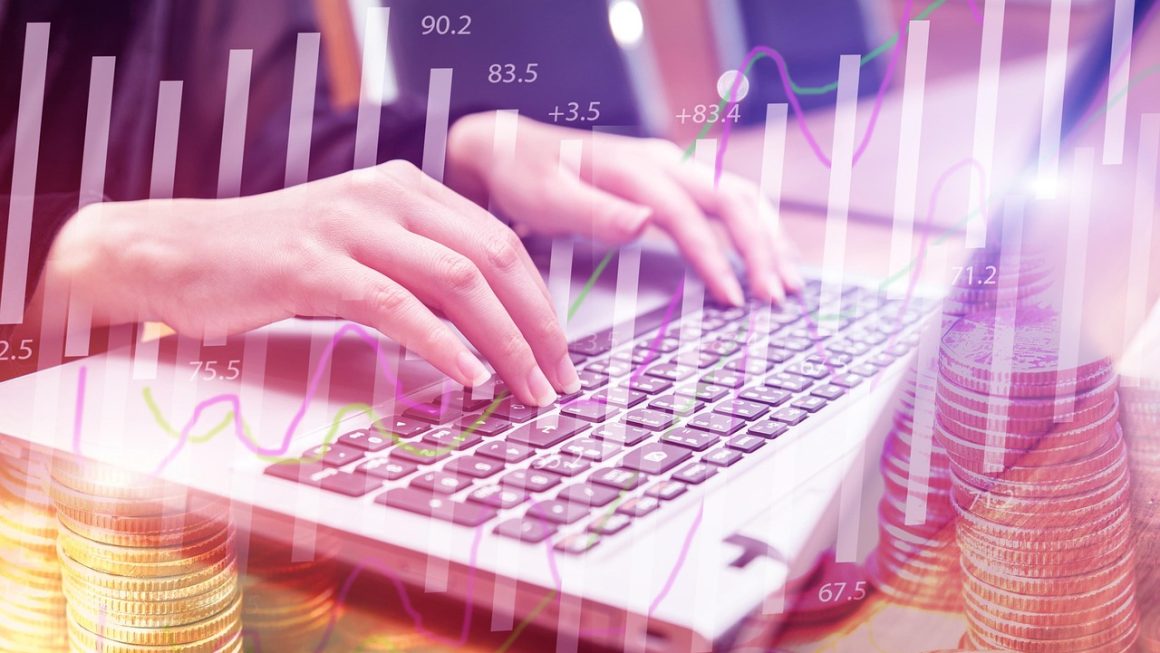Inflation: Understanding Its Causes, Effects, and Mitigation Strategies
Inflation is a persistent increase in the general price level of goods and services in an economy over time. It erodes the purchasing power of money, leading to a decline in its value. Understanding inflation and its implications is crucial for financial planning, business operations, and government policies.
Causes of Inflation
Demand-Pull Inflation
- A surge in consumer spending, often due to increased disposable income or credit availability
- Government spending, particularly during economic downturns to stimulate growth
Cost-Push Inflation
- Rising production costs, such as raw materials, labor, or energy
- Supply chain disruptions or natural disasters
- Government policies that increase business expenses
Effects of Inflation
Economic Growth
- Moderate inflation can promote economic growth by encouraging investment and consumption
- Excessive inflation, however, can lead to instability and economic downturn
Consumer Spending
- Higher prices reduce consumers’ purchasing power, leading to changes in spending patterns
- Savings become less valuable over time, discouraging investment and long-term planning
Business Operations
- Cost-push inflation squeezes profit margins and increases operating expenses
- Companies may raise prices to offset rising costs, but this can limit demand
Mitigation Strategies
Monetary Policy
- Central banks adjust interest rates to influence borrowing and spending
- Higher interest rates reduce inflation by disincentivizing borrowing and spending
Fiscal Policy
- The government can reduce spending or increase taxes to reduce demand-pull inflation
- However, fiscal policy is less flexible than monetary policy
Supply-Side Measures
- Encouraging competition to lower production costs
- Investing in infrastructure and technology to improve supply chain efficiency
- Subsidizing industries facing cost pressures
Practical Examples
- In the 1970s, the US experienced a period of high inflation due to rising oil prices and government spending
- In the 2020s, inflation surged globally due to supply chain disruptions and increased demand during the COVID-19 pandemic
- Central banks have been raising interest rates in recent months to combat inflation, although this may also slow economic growth
Conclusion
Inflation is a complex economic phenomenon with significant consequences for individuals, businesses, and economies. It is essential to understand its causes, effects, and mitigation strategies to navigate inflationary periods successfully. Central banks, governments, and businesses have a crucial role to play in managing inflation through monetary, fiscal, and supply-side measures. By implementing balanced policies and promoting sustainable growth, it is possible to mitigate the negative impacts of inflation and maintain economic stability.




